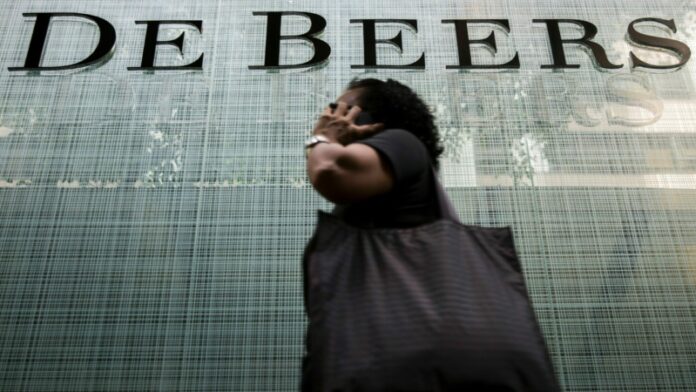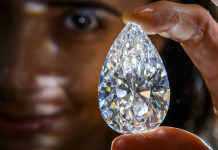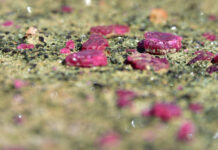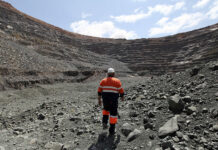
BOTSWANA may seek to increase its stake in De Beers as part of the diamond company’s sale by majority shareholder Anglo American.
Reuters cited a news report in the US earlier this week in which Botswana president Mokgweetsi Masisi hailed Anglo’s planned divestment of its 85% stake in De Beers and said increasing his country’s stake beyond 15% would be considered “if it’s attractive to”.
Masisi said Botswana was keen to keep “bad guys out” of an investment in De Beers, adding: “One of the characteristics of a bad owner is someone who has impatient capital. This industry requires somebody who is in it for the long-haul, because it has its ups and downs.”
Anglo American announced a historic restructuring on May 14 in which it also planned to demerge its 79.2% stake in Anglo American Platinum and sell its Australian metallurgical coal mines. Anglo will also slow spending on a fertiliser minerals project in the UK.
Analysts quoted in an article for the Financial Mail said that the sale of De Beers was perhaps the most challenging aspect of the entire restructure, planned by Anglo CEO Duncan Wanblad. Wanblad pledged to complete the restructuring in 18 to 24 months.
“We believe there is a good chance that De Beers is still in Anglo American come 2026,” said Ben Davis, an analyst for investment bank Liberum.
Given continued inventories in the midstream, the cutters and polishers, it won’t be until 2025 at the earliest that diamond prices improve meaningfully, said Marina Calero, an analyst for Canadian investment bank, RBC Capital Markets.
De Beers is a complex business to unravel. Structurally it is complicated, given its joint ventures with Botswana principally, as well as Namibia.
“Plus it’s a hybrid mining/luxury company; it’s just too unique a business for a sale to be easy,” said Paul Zimnisky, a diamond analyst. Billionaire tycoon Johann Rupert, the former CEO of Richemont, reportedly has no interest.
“That said, I think the best suitor would be someone that has deep pockets and can invest a sufficient amount in the business for the long term and someone like an LVMH [the French luxury group] could qualify in this way,” said Zimnisky. “But I wouldn’t hold my breath.”
“A sale of De Beers to a sovereign fund at a price above $4bn would be a positive as well,” said Christopher LaFemina and Albert Realini, analysts at New York bank Jefferies, in a recent report. Its sum-of-the-parts valuation is $3.4bn for De Beers.
But Wanblad has also suggested floating the diamond miner as an alternative strategy. This, however, would likely be done at a “low valuation” and would not unlock value, say LaFemina and Realini. “But it would simplify Anglo.”
Anglo is also yet to conclude a sales agreement with Botswana that’s been more than two years in the making. Having not yet signed the agreement could give Masisi – who has often sought to challenge De Beers in the past – extra leverage as the sale of De Beers draws closer to its two year deadline.
Wanblad argues it can’t be in Botswana’s interests to subvert the agreement. “I can’t see any rationale or reason why Botswana for purpose of that deal trying to stand in the way.”










